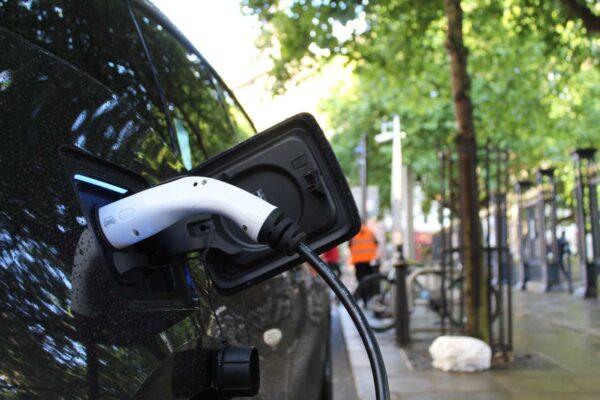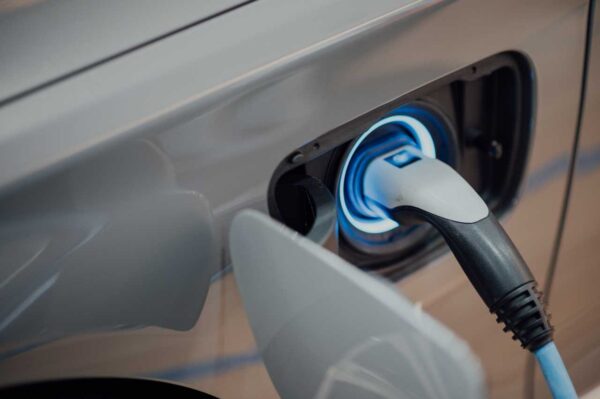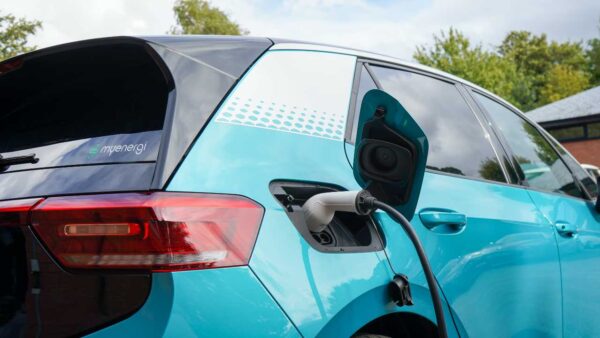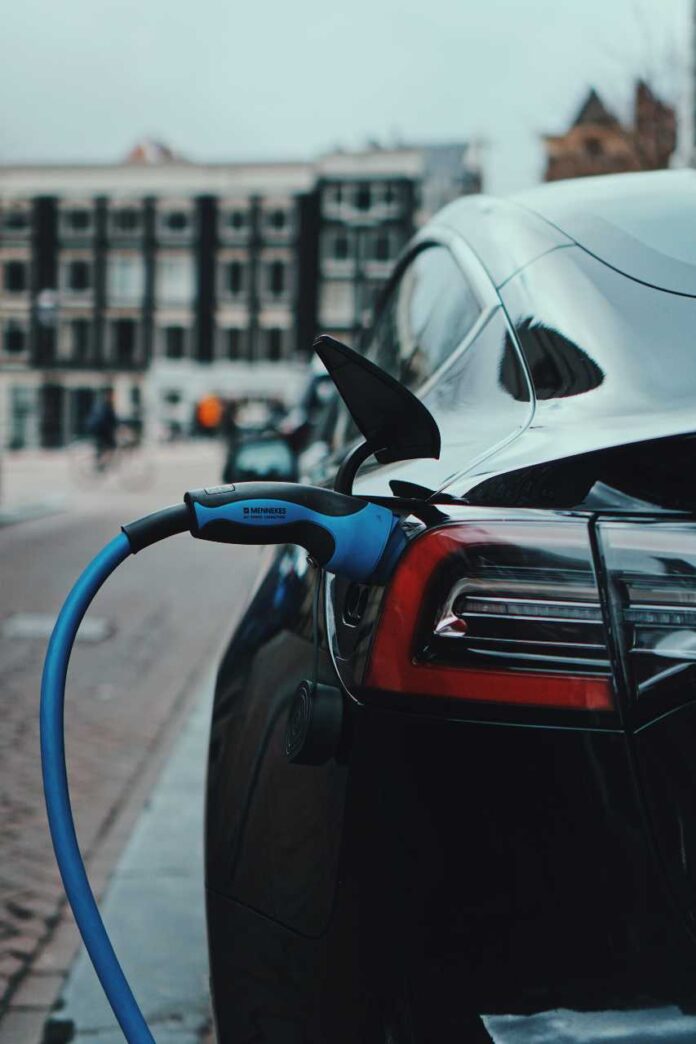Home Electric Car Charging Everything You Need To Know
Are you thinking of buying an electric car and want to know more about information about charging a car at home, then read our guide on charging an electric car at home.
If you’re considering purchasing an electric car, one of the most important things to consider is how you will charge it. Charging an electric car at home offers convenience and cost savings compared to using public chargers. In this comprehensive guide, we will walk you through everything you need to know about home electric car charging, from the types of chargers available to how to speed up charging. So let’s dive in!
Table of Contents
Can You Charge an Electric Car at Home?
Choosing the Right Charger
Types of Electric Car Chargers for Home
Installation and Setup
Charging Speed and Time
Tips to Speed Up Charging
Cost of Home Electric Car Charging
Government Grants and Incentives
Safety and Maintenance
Conclusion
-
Can You Charge an Electric Car at Home?
Before diving into the details of home electric car charging, let’s address the fundamental question: Can you charge an electric car at home? The answer is yes, but there are a few prerequisites.
Firstly, you need off-road parking, such as a driveway or garage, where you can park your car and install a charging station. Additionally, you need to ensure that you have access to a power source. Charging an electric car from a standard three-pin plug is possible, but it’s an extremely slow process, taking more than 30 hours to fully charge the vehicle. Therefore, it is highly recommended to get a dedicated wallbox charger installed for efficient and convenient charging.
-
Choosing the Right Electrric Charger
When it comes to choosing the right charger for your electric car, there are a few factors to consider. The most important one is the power output of the charger, measured in kilowatts (kW). The higher the power output, the faster your car will charge.
Most home chargers have a power output of either 3.6kW or 7kW. A 3.6kW charger is sufficient for overnight charging and is more affordable, but it will take longer to fully charge your car. On the other hand, a 7kW charger offers faster charging times and is a popular choice for many electric car owners. However, it’s important to check if your car’s onboard charger can handle a 7kW input.
-
Types of Electric Car Chargers for Home
There are two main types of electric car chargers for home use: tethered and untethered chargers.
Tethered Chargers
A tethered charger comes with a permanently attached charging cable. This type of charger is convenient as you can simply plug in your car without having to retrieve the charging cable from your car’s trunk. Tethered chargers are available with different plug types to match the charging port of your car.
Untethered Chargers
An untethered charger, on the other hand, does not come with a permanently attached charging cable. This means that you will need to use your own charging cable to connect your car to the charger. While this requires a bit more effort, it offers the flexibility to use different charging cables if needed.
Both tethered and untethered chargers have their own advantages and disadvantages, so it’s important to choose the type that suits your needs and preferences.

- Installation and Setup
Installing a home electric car charger requires the services of a qualified electrician. They will ensure that the charger is correctly wired and meets all safety regulations. Here are the key steps involved in the installation process:
Survey and Planning: The electrician will assess your property and determine the best location for the charger installation. They will also check the electrical capacity of your home to ensure it can handle the additional load.
Obtaining Permits: Depending on your location, you may need to obtain permits or approvals before installing the charger. Your electrician can guide you through this process.
Charger Selection: Once the location is determined, you can choose the charger that best suits your needs based on power output, features, and compatibility with your car.
Wiring and Installation: The electrician will install the charger, ensuring that it is securely mounted and connected to the electrical panel. They will also test the charger to ensure it is functioning correctly.
Final Inspection: After the installation is complete, an electrical inspector may visit your property to inspect the charger and ensure it meets safety standards.
- Charging Speed and Time
The charging speed of your electric car depends on various factors, including the power output of your charger, the capacity of your car’s onboard charger, and the charging infrastructure available.
As mentioned earlier, a higher power output charger will generally charge your car faster. For example, a 7kW charger can charge an electric car with a compatible onboard charger up to three times faster than a 3.6kW charger.
The time it takes to fully charge your car will also depend on the capacity of your car’s battery. Electric cars with larger battery capacities will take longer to charge compared to those with smaller batteries. On average, it can take anywhere from a few hours to overnight to fully charge an electric car at home.

- Tips to Speed Up Charging
While the charging speed primarily depends on the charger and the car, there are a few tips that can help you speed up the charging process:
Upgrade to a Higher Power Charger: If your current charger has a lower power output, consider upgrading to a higher power charger that is compatible with your car’s onboard charger. This will significantly reduce the charging time.
Take Advantage of Off-Peak Hours: Charging your car during off-peak hours when electricity demand is low can result in faster charging. Check with your utility provider to find out the off-peak hours in your area.
Optimize Charging Settings: Some electric cars allow you to adjust the charging settings to prioritize speed over battery health. However, it’s important to note that frequent use of fast charging may slightly degrade the long-term health of your battery.
Utilize Rapid Charging Stations: If you need a quick top-up, consider utilizing rapid charging stations available in public places. These chargers have a much higher power output and can charge your car to a significant level in a short amount of time.
- Cost of Home Electric Car Charging
Charging an electric car at home is generally cheaper compared to refueling a petrol or diesel car. The cost of home electric car charging depends on the following factors:
Electricity Tariffs: The cost of electricity can vary depending on your location and the tariff plan you are on. Some utility providers offer special tariffs specifically designed for electric vehicle owners, providing discounted rates during off-peak charging hours.
Charging Speed: Faster charging speeds may result in higher electricity consumption and, consequently, higher charging costs. However, the overall cost difference between different charging speeds is typically minimal.
Battery Capacity: The size of your car’s battery will determine how much electricity is needed to fully charge it. Electric cars with larger battery capacities will require more electricity and, therefore, have higher charging costs.
Efficiency of the Vehicle: The efficiency of your electric vehicle plays a role in determining the charging costs. More efficient cars will require less electricity to cover the same distance, resulting in lower charging costs.

To get a more accurate estimate of the charging costs for your specific vehicle and location, it’s recommended to consult with your utility provider or use online calculators that consider the above factors.
Read: The Cost Of Charging An Electric Car
- Government Grants and Incentives
Many governments around the world offer grants and incentives to encourage the adoption of electric vehicles and home charging infrastructure. These programs aim to reduce the upfront costs of purchasing and installing electric car chargers. However, the availability and eligibility criteria for these grants vary depending on your country or region.
In the UK, for example, the Electric Vehicle Homecharge Scheme (EVHS) offers a grant that covers up to 75% of the cost of buying and installing a home charger, up to a maximum of £350. However, as of 1 April 2022, the grant is no longer available for homeowners of single-unit properties such as detached houses and bungalows.
It’s important to check with your local government or relevant authorities to see if you qualify for any grants or incentives to offset the cost of installing a home electric car charger.
- Safety and Maintenance
Safety is of utmost importance when it comes to home electric car charging. Here are some essential safety tips to keep in mind:
Professional Installation: Always hire a qualified electrician to install your home charger. They will ensure that the charger is correctly wired and meets all safety regulations.
Proper Cable Management: Ensure that the charging cable is properly managed and protected from damage. Avoid running cables across walkways or in areas where they can be tripped over.
Regular Inspection and Maintenance: Periodically inspect your charger for any signs of wear or damage. If you notice any issues, contact a professional for maintenance or repairs.
Fire Safety Precautions: Keep a fire extinguisher nearby, follow manufacturer guidelines for safe charging, and avoid charging your car in enclosed spaces.
By following these safety guidelines and performing regular maintenance, you can ensure safe and efficient home electric car charging.
- Conclusion
Charging an electric car at home offers convenience, cost savings, and the ability to start each day with a fully charged vehicle. By installing the right charger, considering charging speed and time, and taking advantage of government grants and incentives, you can make home electric car charging a seamless and economical process. Remember to prioritize safety, follow maintenance guidelines, and consult with professionals when needed. With the growing availability of charging infrastructure and the continuous advancement of electric vehicle technology, home electric car charging is becoming increasingly accessible and efficient for all electric vehicle owners.
